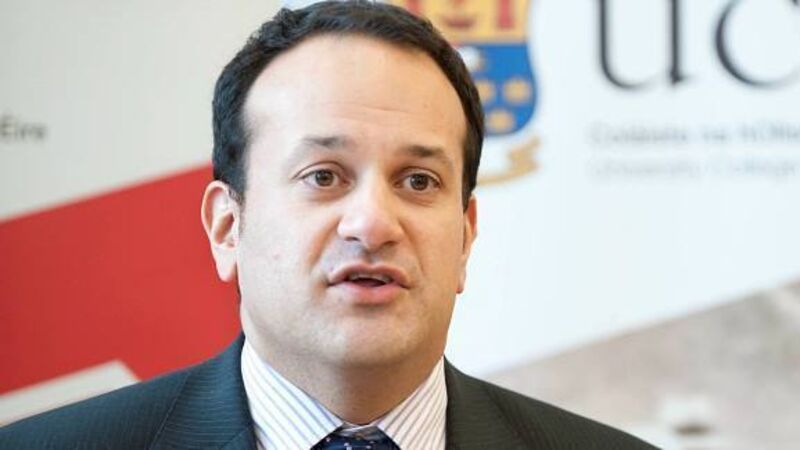Varadkar touts free GP care for adults

Rising employment and a larger collection of taxes could help fund free GP care for adults under a proposal being considered by Health Minister Leo Varadkar.
The Fine Gael minister also said he would like to see the out-of-pocket costs of medicines, as well as prescription fees, reduced for consumers. He made his comments at the MacGill Summer School during a debate about healthcare, which included claims it was “utterly demoralised and completely broken”.













